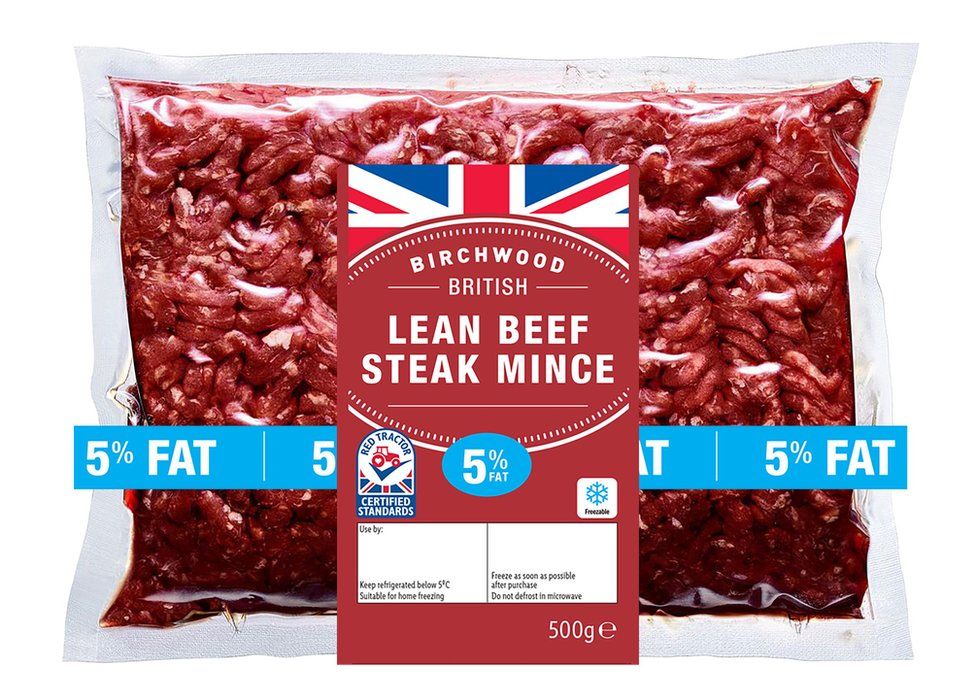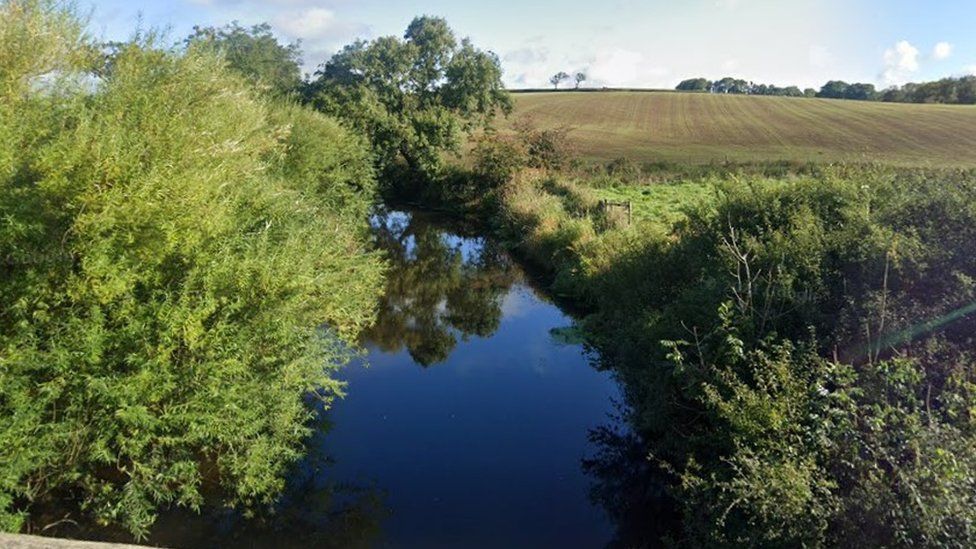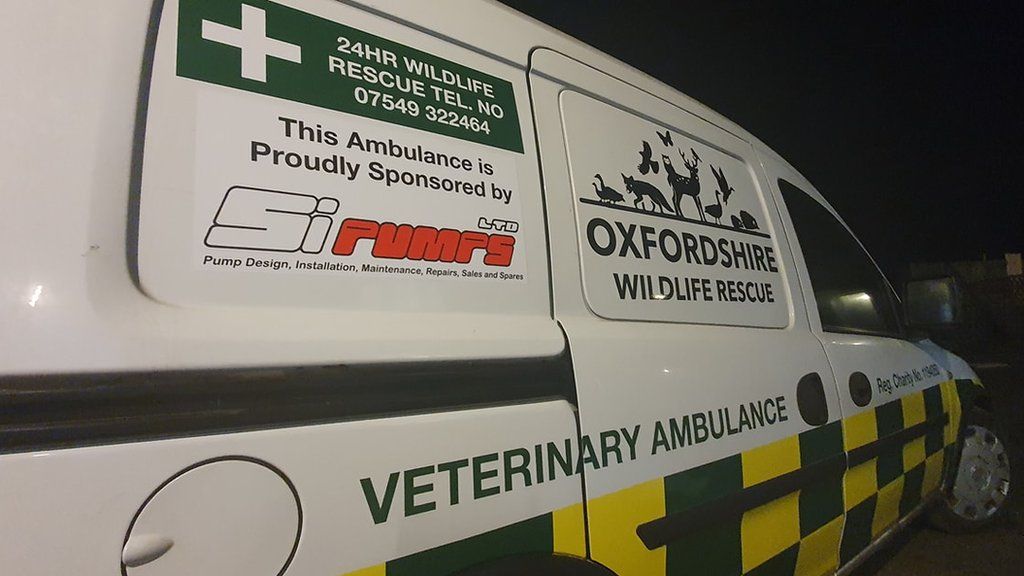The latest retailer to declare that it will begin vacuum-packing mince in order to use less plastic and increase the shelf life of the product is Lidl.
When Sainsbury's implemented the same change, it made headlines because some customers claimed the meat had become mushy.
The switch from hard plastic trays to soft film was criticized by a group opposed to plastic, who claimed that most household recycling collections would not accept it.
The new vacuum packs from Lidl can be dropped off at recycling facilities.
According to the statement, the packaging would use 63 percent less plastic and increase the shelf life of the mince from eight to 16 days. Customers "don't have to touch the raw meat" thanks to the "easy peel film," it claimed.
Meat-soiled soft plastics "never going to be recycled into anything useful," according to Sian Sutherland, co-founder of the advocacy group A Plastic Planet. She remarked that she believed the majority of people would throw them in the trash rather than take them to recycling bins.
"It is inexcusable to keep pushing plastic and retailers need to seriously consider the reputational risks," Ms. Sutherland continued. "There are so many other natural materials available. ".
More than 6,000 locations in the UK, according to environmental advocacy group Wrap, can recycle plastic bags and wrapping. To find the closest one, use the recycling locator.
Retailers are increasingly looking for ways to make their goods more sustainable and environmentally friendly.
This week, the fruit drink company Robinsons revealed that it was testing a carton made of 89 percent plant-based materials for sale in Tesco. In comparison to its one litre double concentrate bottle, it claimed that its 500ml super strength squash produced 60 drinks with 85% less plastic per serve. John Lewis has stated that all of the leather used in its own brand of sofas and chairs will come from British farms that only supply Waitrose beef.
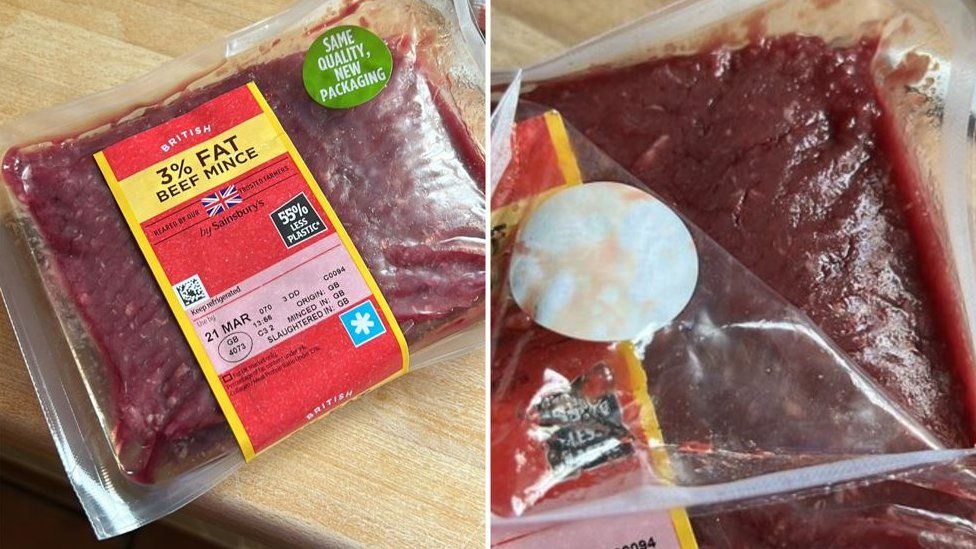
Sainsbury's declared in February that it was the first retailer in the UK to vacuum-package all beef mince, which results in an annual plastic reduction of 450 tonnes.
However, when the packs started showing up in the supermarket's refrigerators, some customers posted about it on social media.
The meat was described as looking like "a rectangle of mushed off cuts" by one and as "someone's kidney" by another.
Others complained that squeezing the air out of the mince packaging caused it to compact and made cooking with it challenging.
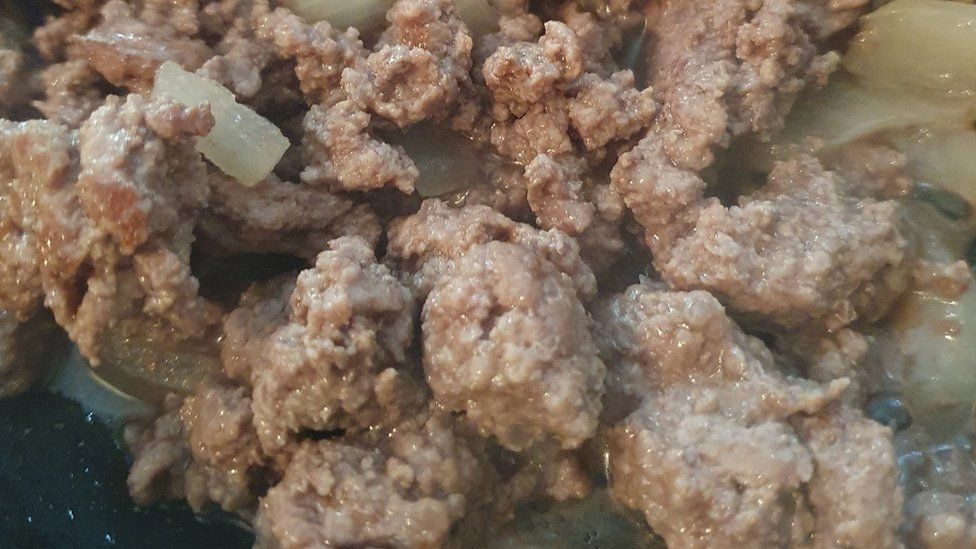
Richard Crampton, the head of fresh food at Sainsbury's, told the BBC in April: "It's exactly the same mince. though compressed. we do require customers to prepare it slightly differently. ".
He claimed that recipe boxes and vacuum-packed meat were both typical in the US and the EU, as well as the UK, and that other supermarkets would likely follow suit.
The modification is a part of Lidl's plan to reduce its own-label plastic packaging by 40% by 2025, according to Shyam Unarket, head of responsible sourcing and ethical trade at Lidl GB.
Using vacuum-packed mince, he claimed, would reduce plastic packaging by more than 250 tonnes annually.
But we also understand how crucial a part plastic plays in our daily lives, he added. We can lessen the amount of plastic pollution in our environment by making sure that all new packaging is recyclable.
. "

